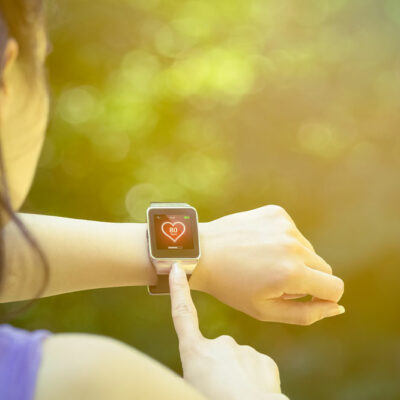
5 tips to manage the side effects of an IUD
An intrauterine device (IUD) is an effective and practical method of contraception used by many women across the world. However, some may experience side effects like irregular bleeding, cramping, and hormonal fluctuations. Although these reactions are usually brief and temporary, they can cause discomfort and uneasiness. In this article, we’ll offer five tips to tackle IUD side effects. If a side effect lasts for an unusually long time, one should speak to a doctor immediately.
Use heat therapy
If one is experiencing intense cramping or backaches after inserting an IUD, they can try using a heating pad. Using heat can help relax and increase the blood flow to the muscles that contribute to cramping, thus reducing any painful sensation. Although this method can be comforting, one should avoid hot baths for 24-48 hours after insertion, as it may cause IUD expulsion.
Give your body time to adjust
Giving yourself some time allows your body to adjust and make changes for transitioning to a new method of contraception. It’s normal for the body to get used to a new method like an IUD. During this period, a woman may experience mild side effects like bleeding, cramping, or discomfort. Generally, the body can take roughly six to eight months to completely adjust to an IUD. Hence, it is important to give the body time to adapt.
Monitor your symptoms
Keep track of any adverse reactions and when they occur. This will help you recognize patterns and provide additional details to your healthcare professional. You can keep a journal or use smartphone applications to keep a tab on symptoms.
Use different methods
Consider dealing with hormonal side effects by exploring non-hormonal methods like applying a barrier method of contraception. One can speak to their physician to find which option is the most beneficial for them.
Connect with your healthcare provider
It is important to consult your doctor if you experience negative effects due to the IUD. They can recommend treatments or modifications that can be helpful. Doctors or nurses can also check and ensure that the IUD is fitted correctly. If needed, they might recommend a different type of contraception.
IUDs are known to be an effective contraception method. But every woman is likely to react differently. These tips can help a woman manage the side effects of an IUD. If one is significantly concerned about the effects, speaking with a physician can help. They will provide specific information about what to expect while using an IUD.


